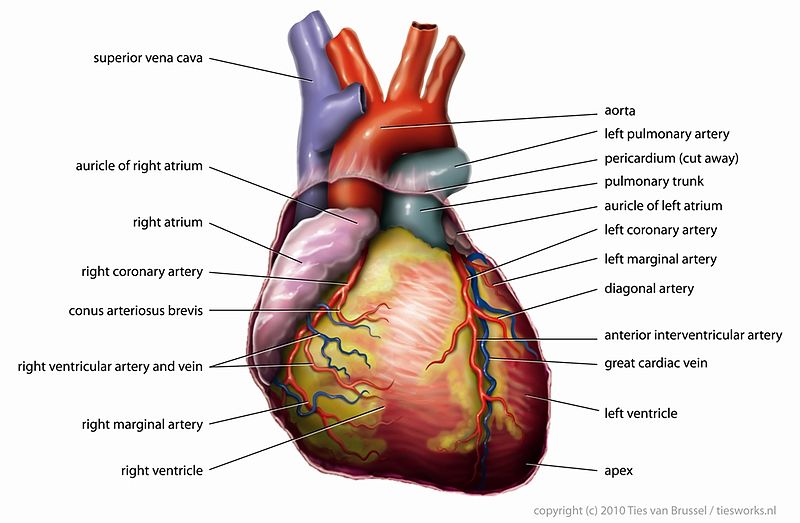No young person thinks about their arteries, nor should they. But arterial health looms large as one ages and larger with each year. That’s why Gretchen Reynold’s piece in the New York Times might be of interest. The details are fairly straightforward:
- Researchers tracked the arteries of sedentary people who, God knows why, decided to sign up for the London Marathon. (That impulse alone is worth additional research.)
- About 200 agreed to be poked, prodded, scanned and otherwise profiled.
- About one-third dropped out but 138 runners aged 21-69 remained in training and completed the marathon.
- After the race, these 138 were retested and the results were inspiring: their arteries seemed to have time-travelled back about four years “in functional terms.” The benefits were greater for runners who were older, male and started the study with high blood pressure.
- This is new information because, as one researcher pointed out, there wasn’t a lot of data on whether sedentary people could reclaim some arterial elasticity. This study suggests they can. All this seems meaningful. A Fountain of Youth doesn’t need to transport you back to your college years. At a certain age, four years of new runway is a lot. It might not be broadly applicable, as most sedentary people aren’t going to make that commitment.
Still, it says something.
So read the story for useful information. Then read the posted comments for a glimpse at the camps into which active folks like to segregate themselves. A few commenters noted limits in the study or its analysis; among other things this group would like more details on what the mechanism for improvement was. Others said you could get the same or better results from diet or less abusive training. And there was a real back-and-forth between committed runners and those who insist that running screws up your hips and knees and might give you a heart attack.
The great soft sociological cliché of 2020 is that we live in highly polarized times and this tribalism seems to pop up everywhere. Obviously, this is not new. If you think people don’t have passionate and peculiar allegiances, you haven’t talked to fans of the Cleveland Browns or proponents of eating durian. And not only is this contrast of passions not new, it’s fine. It’s good. Online comments…in fact the Internet in general…allows us to banter back and forth and challenge each other. It’s bar talk without the peanuts and the moron at the end of the bar struggling to make a stupid point. OK, the Internet actually does include that guy and all his friends and they can dominate the conversation. They can be as obnoxious as any barfly. But when the discussion is lively and generally respectful (as it was in the Times, maybe thanks to some oversight), it’s wonderful. And it makes us smarter.










